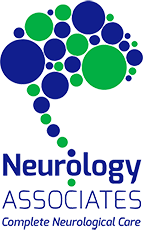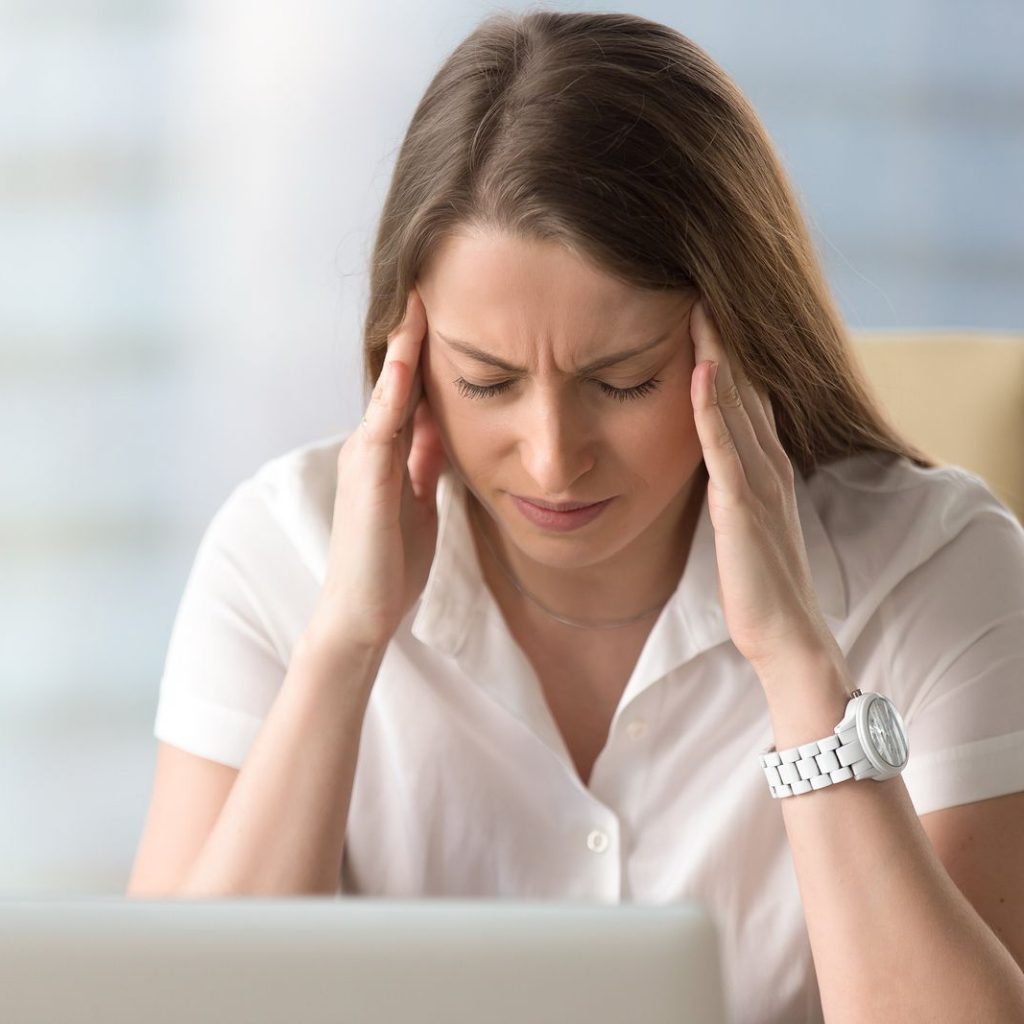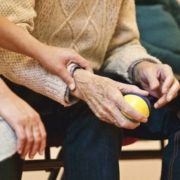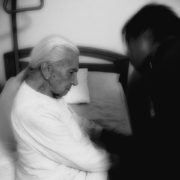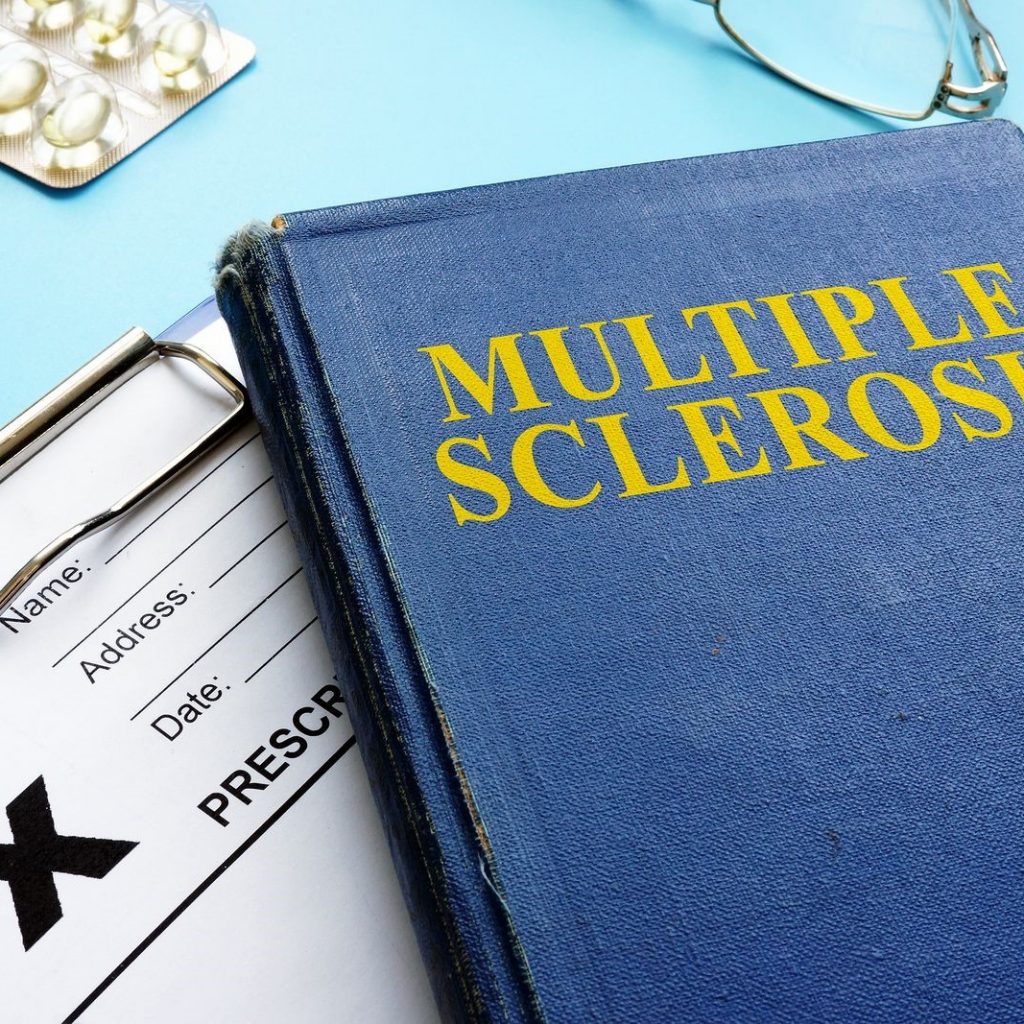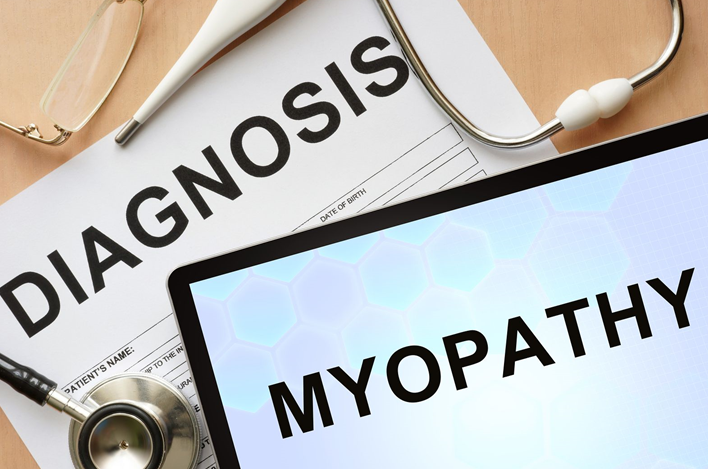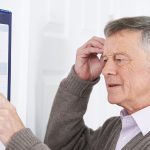Repeated Bouts of Syncope? Visit a Leesburg Neurologist Now!
This article on Syncope first appeared in August 2018 and was updated November 2023
Syncope, commonly known as fainting, is a common illness experienced by about 3% of men and 3.5% of women at some point in their lifetime. Fainting may have a variety of causes. That is why our resident neurologist in Leesburg, Dr. Sarbjot Dulai, warns that this condition should not be taken for granted.
Fainting & Passing Out: What You Should Know
Syncope gets more prevalent as a person gets older, affecting almost 6% of people with ages over 75. But it can also happen at any age, even during younger years. Since it is common and sometimes does not signal worse conditions, people tend to shrug off such conditions. However, if you often experience fainting, then you should get checked.
Why Should You Have Your Syncope Checked?
Here are some of the reasons you should visit a neurologist in Leesburg so you can understand and appropriately deal with your situation.
The best way to defeat the enemy is to know it.
How will you be able to address this condition if you do not know anything about it? Consulting with a medical expert is the best way to understand the condition. However, before anything else, here are some of the things you should know.
- Syncope happens due to a sudden and temporary decrease in blood flow in the brain, leading to loss of consciousness and muscle control lasting for a few seconds to some minutes.
- It is mostly caused by extreme stress, extreme pain or fear, dehydration, fatigue, irregular heart rate, an abrupt change in posture, and low blood pressure.
- It typically starts with blurring vision, weak pulse, nausea, slurred speech, lightheadedness, shakiness, numbness, and headaches, among others.
Syncope is classified into five, based on the cause.
- Vasovagal syncope, the most familiar one, is caused by an unexpected drop in blood pressure, leading to a drop in blood supply in the brain.
- Situational syncope is commonly caused by specific situations like dehydration, anxiety, fear, pain, hyperventilation, and the use of drugs and/or alcohol.
- Postural syncope happens due to a quick change in posture or position, such as abruptly standing up from lying low.
- Neurologic syncope is a result of existing neurological problems like migraines, seizures, or even stroke.
- Postural Orthostatic Tachycardia Syndrome (POTS) occurs due to an extremely fast heart rate.
At Neurology Associates in Leesburg Virginia, our practice can help you determine what triggers your syncope and what type of syncope you have.
Treatment and prevention depend mainly on the type of syncope.
As mentioned, it is crucial to determine the cause of the syncope. The type of treatment you need relies mainly on this. If the syncope involves an underlying health condition, the illness should be the one addressed first. Should there be no further treatment needed, patients are advised to avoid triggers. Some situations, however, require medicines, particularly for the vasovagal type.
You should not shrug this off or attempt to diagnose yourself. Making an appointment with a neurologist is a must before taking any drug or therapy.
It may be a sign of a more serious health problem.
Although most attacks are not severe and can be immediately addressed, there are instances when fainting calls for attention for a more dangerous health condition. If you fainted more than once and it took you longer than a couple of minutes to regain your consciousness, it is of greater concern. Chest pains and frequent irregular heartbeat also signal that something is wrong. Syncope may be a sign of stroke or transient ischemic attack (TIA), which is an emergency situation.
Dr. Dulai meets with patients at his office in Leesburg across from Inova Hospital at Lansdowne. He can surely help you figure out if a sudden attack is related to more severe and fatal illnesses.
Do Not Wait for Your Condition to Get Worse!
As early as your first attack, seek help to find out what is happening to you. Talk to our neurologist in Leesburg and be informed about any appropriate medications or treatments to prevent your condition from worsening.
Resources:
National Institute of Neurological Disorders & Stroke: https://www.ninds.nih.gov/health-information/disorders/syncope
Heart Attack & Stroke Symptoms – Syncope: https://www.heart.org/en/health-topics/arrhythmia/symptoms-diagnosis–monitoring-of-arrhythmia/syncope-fainting
